Deep underground, miners work to extract iron ore, copper and lithium, as well as many other materials that are essential to the modern world.
Pop culture images of dwarves toiling with pickaxes aside, today’s miners rely on heavy machinery for their work – machinery that runs round the clock under less than optimum conditions – and keeping it properly maintained is crucial for their work and their safety.
Israeli company Razor Labs has created an AI-driven platform for maintaining this key machinery, anticipating potential breakdowns before they happen – potentially saving time, money and, most importantly, lives.
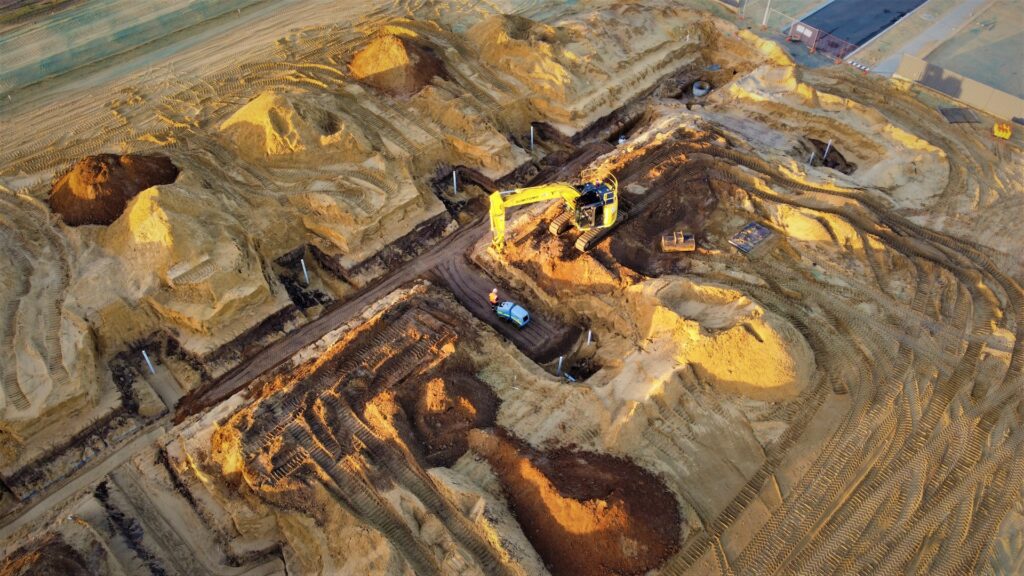
The company, while still fairly young, has already secured a major contract in Australia, a world leader in mining for many metals and minerals, including aluminum ore, gold, salt and uranium.
The DataMind AI platform includes both software and hardware, Razor Labs Chief Business Officer Tomer Srulevich tells NoCamels. This allows the company’s proprietary software technology to gather data directly from the sensors it has on site.
Multiple sensors are placed on a machine, enabling the software to identify any changes in performance or functioning in every single part, from the rate of vibration to whether a bolt has come loose, providing a more holistic approach to maintenance.
“We look at it like a thousand sets of eyes on the machine itself,” Srulevich says. “We get all the data and we crunch it and come back using experts that we have on the ground.”
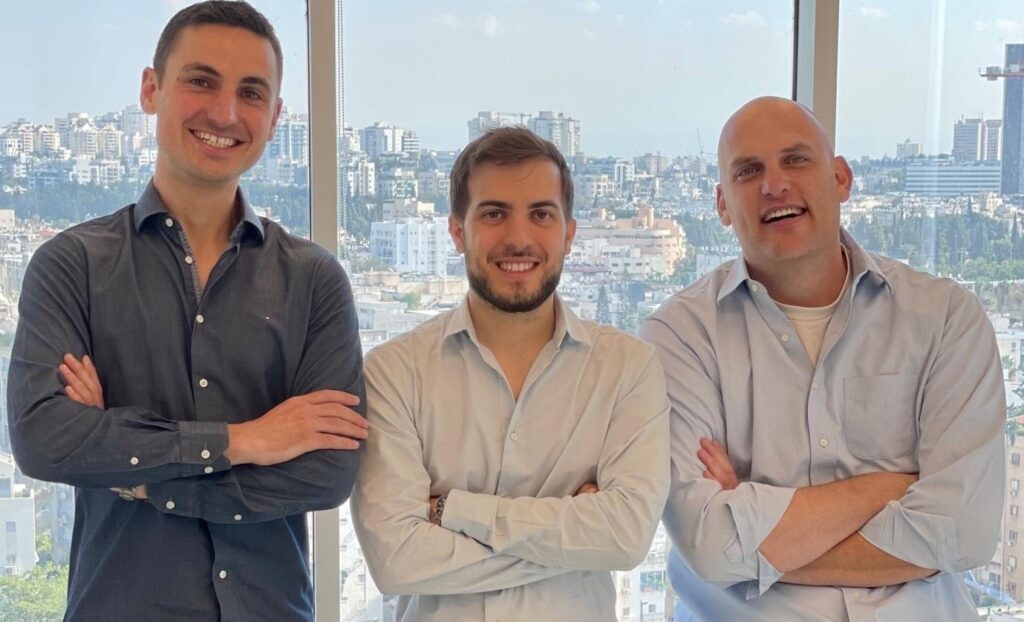
The platform works to catch any issue before it becomes major enough to cause a shutdown, which Srulevich explains can be extremely expensive and was one of the factors in the decision to focus on mining.
“We found that the cost of a single breakdown is significant,” he says. “Specifically in Australia, in some of the larger sites, an hour of downtime can be equivalent to $1 million.”
Changing Direction
The Tel Aviv-based company was originally created in 2016 as a software startup that trained scientists in the use of deep learning artificial intelligence.
It was extremely successful – raising $36 million and becoming listed on the Tel Aviv Stock Exchange – but the company founders soon began thinking about a more sustainable way forward.
“It was: ‘Alright, so what do you want to be when you grow up?’” says Srulevich, who joined the company in January 2022, shortly after he and his family returned to Israel following more than a decade in the US.
“They started thinking about how to move into the space of the product,” he explains. “How to productize the offering itself. They had some initial leaps into the market and interesting customers in Australia that were showing interest.”
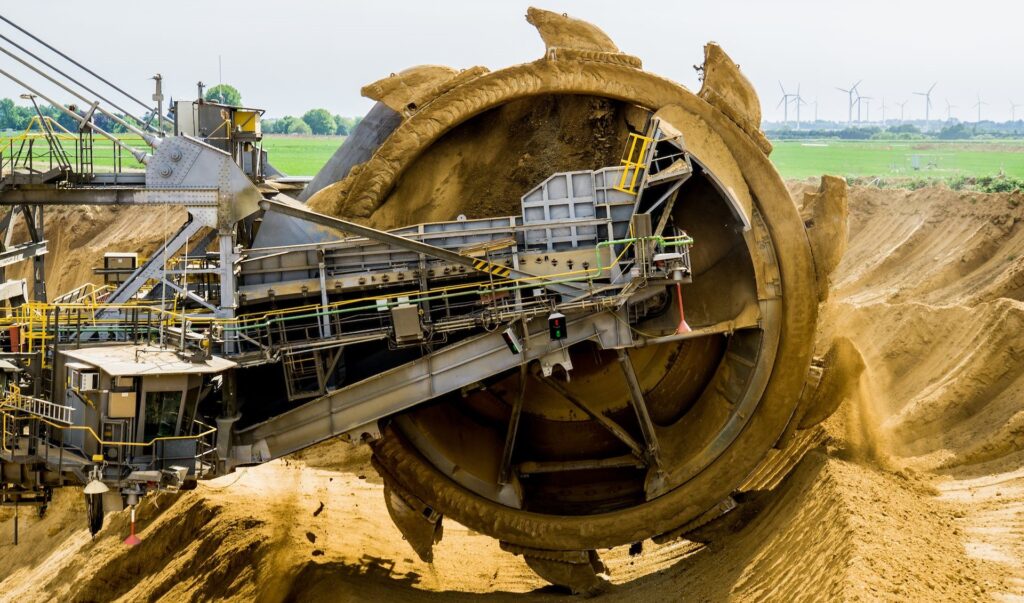
And so Razor Labs pivoted in 2021 to machinery maintenance, transforming its AI know-how into a more tangible product and – slowly at first and then with huge success – claiming its place in the Australian mining industry.
“We were able to actually secure a very significant deal that is large in any measurement, not only for Razor Labs,” Srulevich says of its recently signed agreement with an unnamed mining giant for locations in Australia, the US and South Africa.
Sign up for our free weekly newsletter
Subscribe“Companies our size do not close a $31 million deal with a commitment for five years [with] licenses on a platform deployed in 14 sites. It happens later on, it happens on smaller scales.”
The deal, which was announced last month, saw the company’s value triple within one single trading day.
Fusion Learning
It was the deep learning capabilities developed during the company’s previous incarnation that allowed the new platform to become advanced enough to deal with the challenges of maintaining such complex machinery.
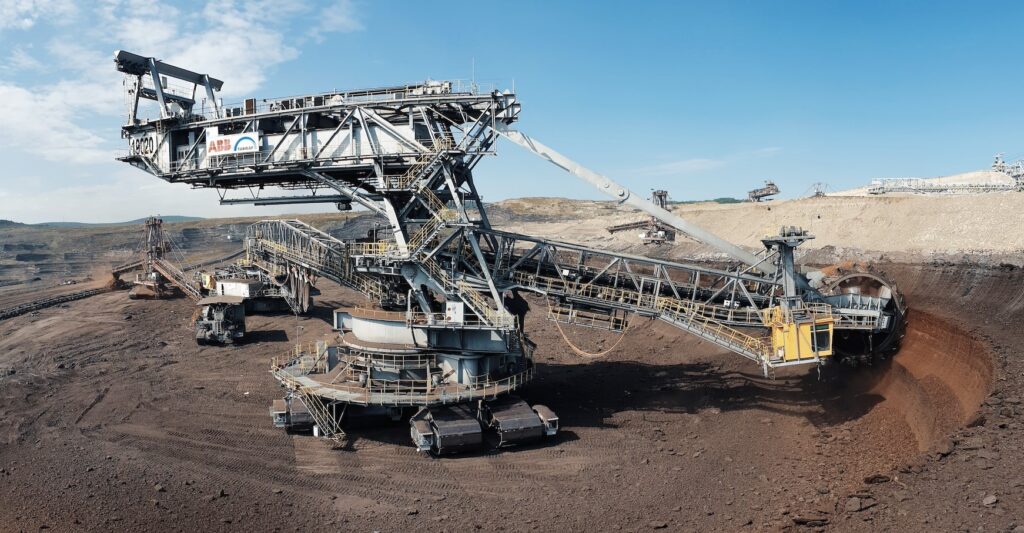
“Machines don’t fail very often,” Srulevich says. “What happens if you don’t have enough examples of failures recorded so you can learn from them?”
The answer, he says, came from co-founder and CTO Michael Zolotov and VP Research & Development David Refael, who used what little data there was, coupled with other relevant sources of information, “to do a kind of semi-supervised [machine] learning.”
According to Srulevich, it would be “unethical” to say that Razor Labs is the only company using AI to identify issues with machinery. Nonetheless, he adds, “I think we’re the only ones that are combining multiple sources of data together in order to fuse it and tell you what the root cause is.”
Many other companies are doing partial checks, he explains, which he calls “the easy path.”
But, he says, “it’s extremely hard to tell the root cause [of a problem] if you don’t know what’s happening with the oil, if you don’t know what’s happening with other elements like flow, like pressure, like even a visual inspection.”
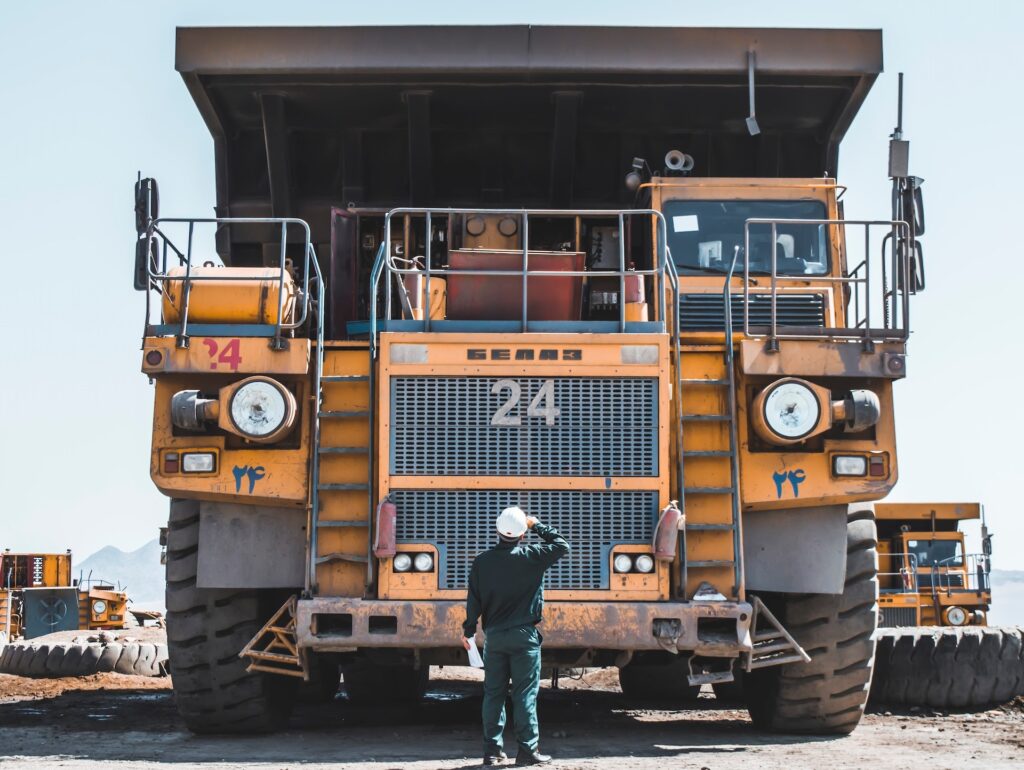
Srulevich says there is little difference in monitoring the machinery used in mining and other fields.
“A machine is a machine,” he says. “It’s built out of pumps, out of motors, out of many things.”
Razor Labs has had experience working in the energy and defense sectors. It plans to do so again in the future, but first seeks to cement its standing in the mining industry.
“As a young company, I think the responsibility we have is to prove that what we do actually works in this market – expand, build a very strong muscle in what we do, and then leverage it into adjacent industries where we can actually present more capabilities,” he says.
“Pretty soon,” he adds, “we’ll do more of it.”
Related posts

Editors’ & Readers’ Choice: 10 Favorite NoCamels Articles

Forward Facing: What Does The Future Hold For Israeli High-Tech?

Impact Innovation: Israeli Startups That Could Shape Our Future


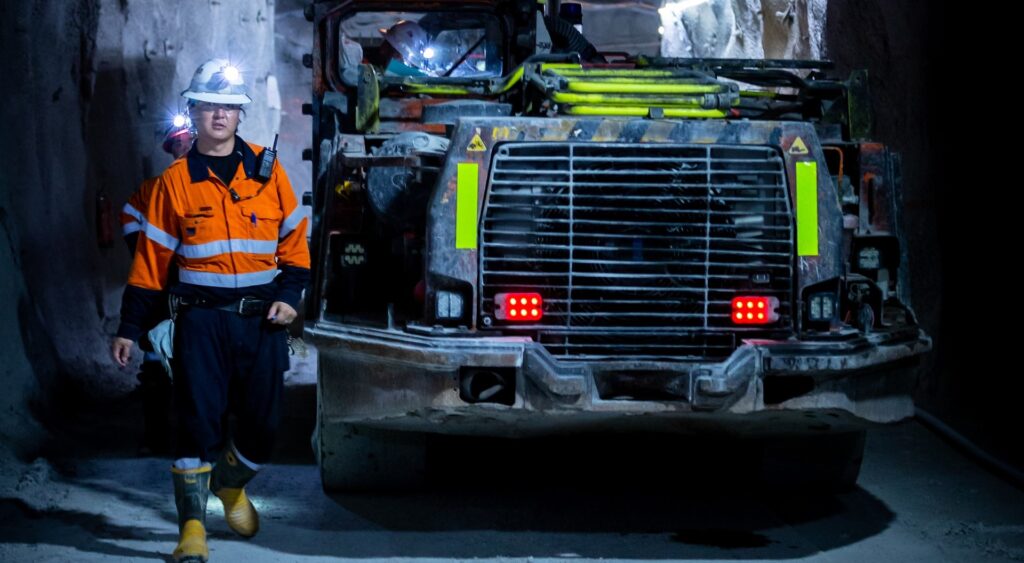

Facebook comments